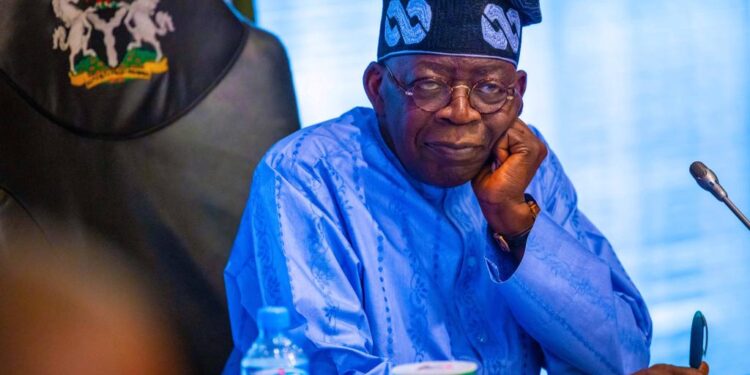The Minister of Education, Prof. Tahir Mamman, has revealed that the Federal Government intends to increase funding for the education sector by 25%.
He made this revelation as he declared open the 2021 and 2022 Nigeria Annual Education Conference (NAEC) with the theme “Implementation of Education 2030 Agenda for Sustainable Development in Nigeria” held in Abuja on Monday, News Agency of Nigeria reported.
Prof. Mamman also revealed that his administration as Education Minister in Nigeria would bridge the gaps that exist between education policy statements and their actualisation outcomes.
· In his words, “President Tinubu has directed the return of the 10.5 million out-of-school children to school at the expiration of his tenure.
- ”We still have a long way to go. We are not matching the children in the country with the desired education and this is because our policies are not producing the values we need.
- “What we need is the action on the ground and not the policy declaration. This is where I can tell you we intend to come in.
- “We want to bridge the gaps between policy statements and actualisation of outcomes.
- “This is to give them future training that will enable them to live their lives and make them employers of labour. Everybody deserves to live a life of dignity for the well-being of their family.”’
- Prof. Mamman further stressed the importance of basic and secondary schools being properly equipped, saying, “We know that society that had benefitted from education is known for nurturing of creativity and research which starts from the lower levels.”
The minister emphasized the need for mechanisms that constantly monitor and evaluate the implementation of policies’ strategies to be put in place to ensure the SDG goals were accomplished.
The minister called on the various stakeholders in the education sector to work with the Federal Ministry of Education and agencies as well as State Ministries of Education.
This, he asserted, would lead to the identification of innovative approaches for improved funding, and ensure that Nigerians enjoy inclusive equitable, quality education and life-long opportunities.
Stakeholders’ response
The meeting was attended by various stakeholders in the education sector and they made pledges to support Prof. Mamman in driving the education roadmap.
The Permanent Secretary of the Federal Ministry of Education, David Adejo, represented by Abubakar Isah, the Director of Information and Communication Technology in the ministry, charged stakeholders to ponder on the ways they can collaborate and partner with the ministry towards accomplishing the 2030 education agenda.
Meanwhile, the Perm. Sec. of the ministry disclosed that the reason the 2021 and 2022 Nigeria Annual Education Conference (NAEC) was being held in 2023 was because of the COVID-19 recovery.
Also, the United Kingdom, through James O’Donoghue, the Education Adviser of the Foreign, Commonwealth and Development Office (FCDO,), pledged to support Nigeria in achieving the 2030 SDG agenda, as well as to ensure every child gets quality education.
O’Donoghue urged the Federal Government to increase funding for education and strive to ensure that the money allocated for education is used for the overall education objective.
What prompted FG’s intention to increase funding for education by 25%?
Recall that in 2022, the United Nations had advised the Nigerian government to increase its budgetary allocation for education to 20 per cent if it is to achieve SDG 4 which is universal, inclusive and equitable basic education for all school-age children by 2030.
The budgetary allocation to the education sector has, for years, been below the recommended benchmark for developing nations.
Education got N1.79 trillion in the 2023 budget representing 8.2 per cent of the appropriation bill.
The 1.79 trillion was further allocated in the following manner:
· Universal Basic Education Commission, UBEC – N103.29bn
· Transfer to the Tertiary Education Fund, TETFUND – N248.27bn
· Tertiary education revitalization and salary enhancement – N470bn
Although the budgetary allocation for the education sector was not up to the recommended 20 per cent of the 2023 budget, it was the second largest, only behind the security and defence sectors which got N2.98 trillion, that is, 13.4 per cent of the budget.












